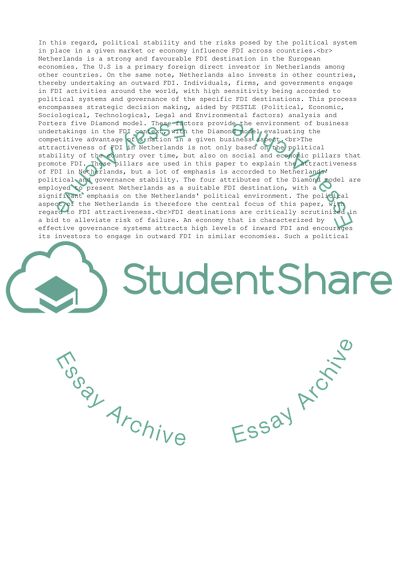Cite this document
(How does the Netherlands' political instability affects the country's Essay, n.d.)
How does the Netherlands' political instability affects the country's Essay. https://studentshare.org/business/1772579-how-does-the-netherlands-political-instability-affects-the-countrys-attractiveness-of-fdi
How does the Netherlands' political instability affects the country's Essay. https://studentshare.org/business/1772579-how-does-the-netherlands-political-instability-affects-the-countrys-attractiveness-of-fdi
(How Does the Netherlands' Political Instability Affects the country'S Essay)
How Does the Netherlands' Political Instability Affects the country'S Essay. https://studentshare.org/business/1772579-how-does-the-netherlands-political-instability-affects-the-countrys-attractiveness-of-fdi.
How Does the Netherlands' Political Instability Affects the country'S Essay. https://studentshare.org/business/1772579-how-does-the-netherlands-political-instability-affects-the-countrys-attractiveness-of-fdi.
“How Does the Netherlands' Political Instability Affects the country'S Essay”. https://studentshare.org/business/1772579-how-does-the-netherlands-political-instability-affects-the-countrys-attractiveness-of-fdi.


